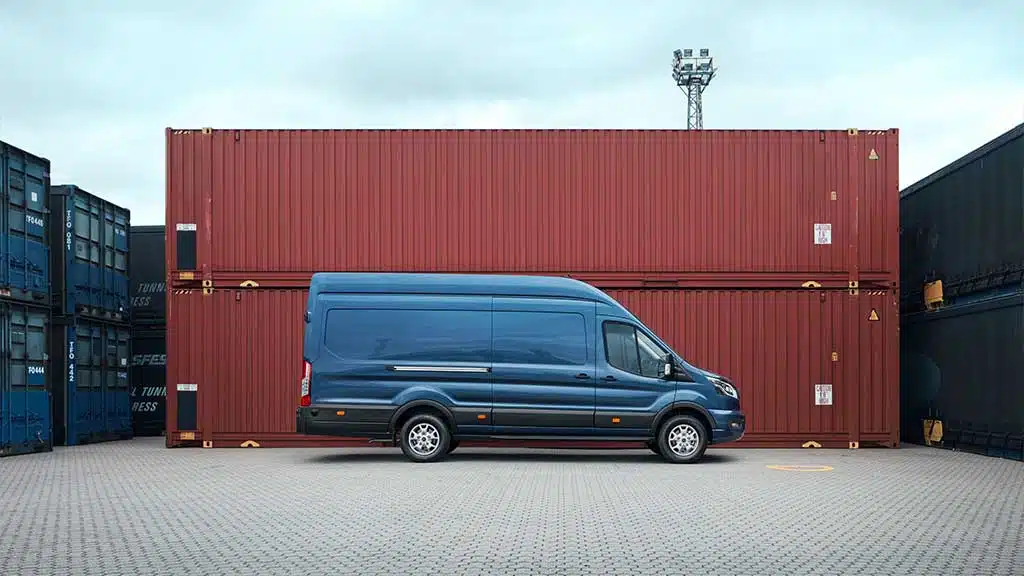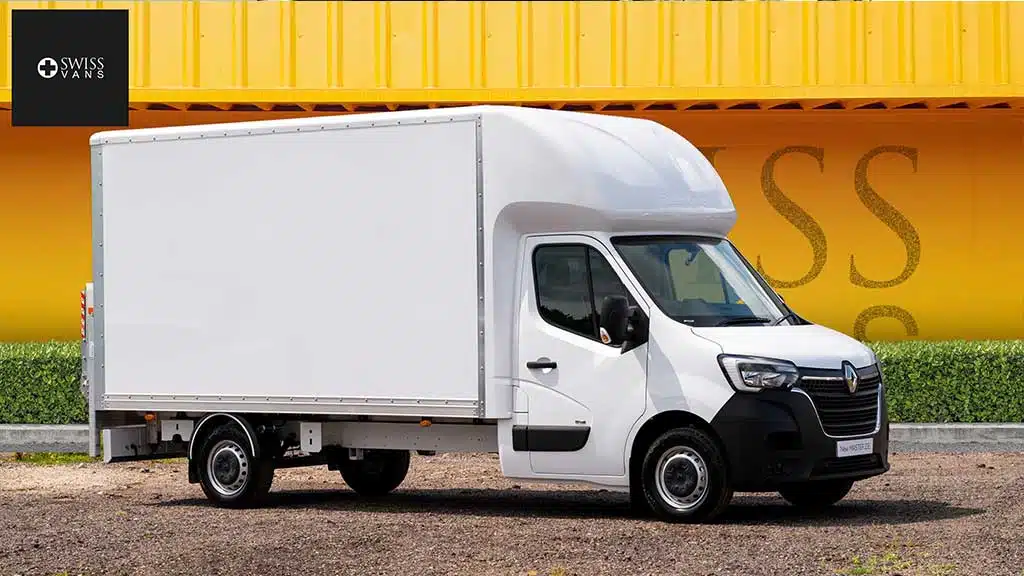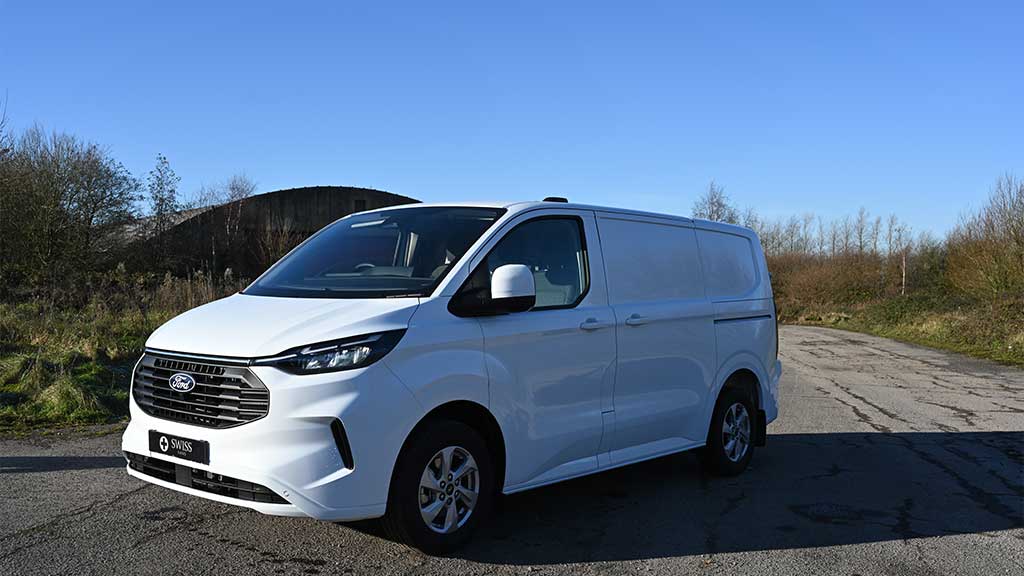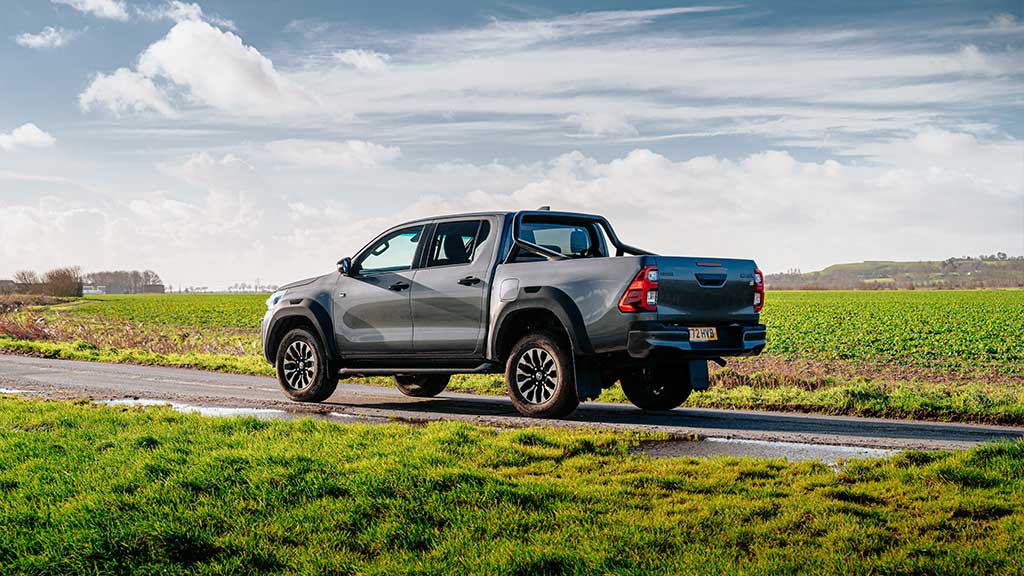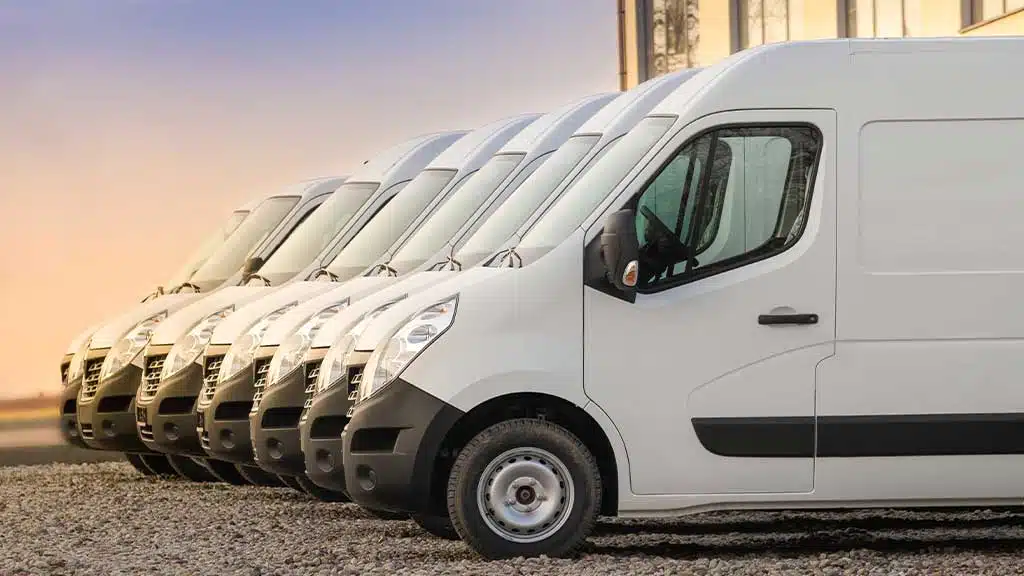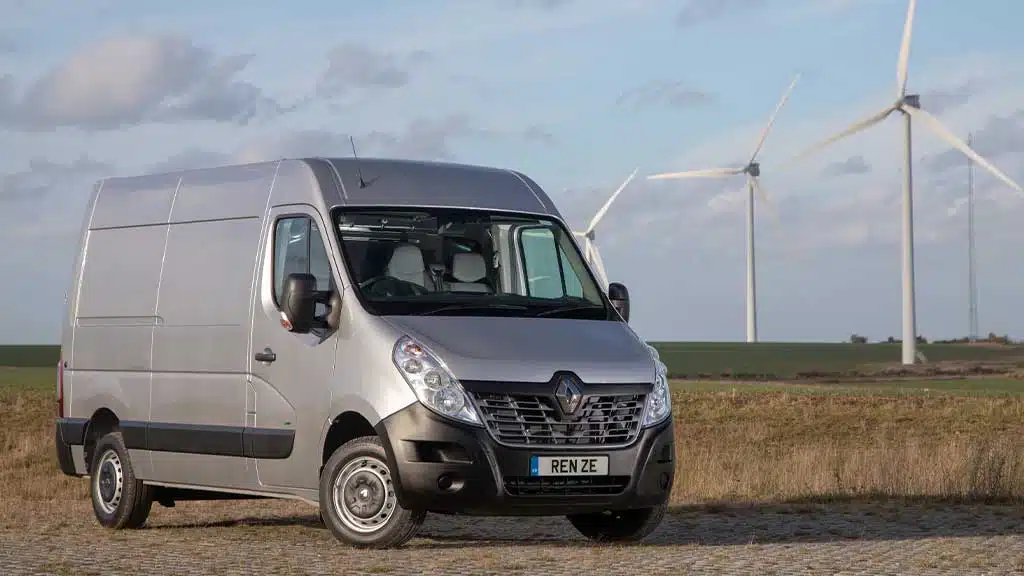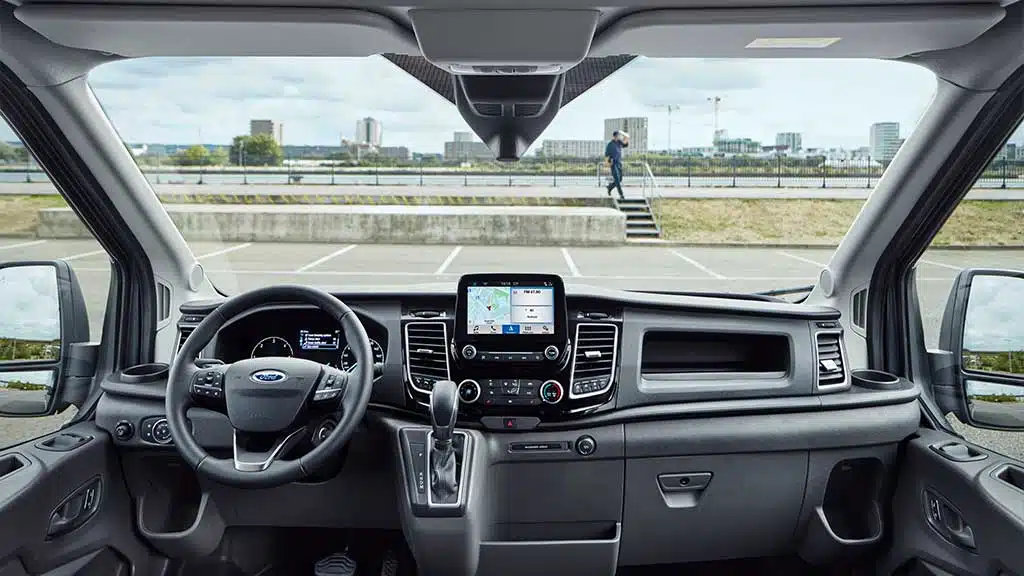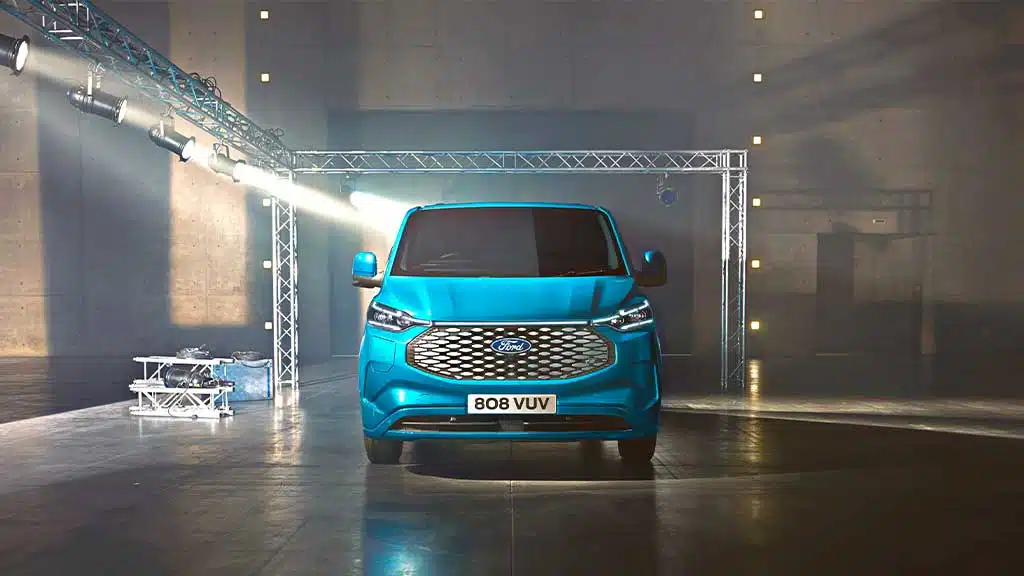The two terms finance lease and contract are distinct and often confusing to many and you will undoubtedly get millions of results online when you search for finance lease vs contract hire on your browser. The two terms are primarily the main types of business leasing agreements that lessees enjoy from finance companies and dealerships. If you have been considering procuring a van for your business, then familiarity with these two terms can be of colossal importance. In this age, it is prudent to comprehend what you are signing up for at all costs. The bottom line, we are here to help decipher these terms to allow the lessees to enjoy the benefits of leasing without getting wrapped up in a financial burden.
Finance Lease Vs Contract Hire Definitions
In a finance leasing arrangement, the lessee is responsible for selling the van at the end of a leasing period to a third party and will settle the contract with the leasing company or dealership through the settlement of a final balloon amount.
A finance lease is primarily an agreement between the leaser and lessee and requires the lessee to pay a monthly rental for the leased van for the contract period which usually ranges from two to four years. Once this contract period lapses, the van should be sold by the lessee and the amount reimbursed to the leaser.
When evaluating finance lease vs contract hire, it is worth mentioning that a finance lease allows a business to treat a van as its own even if they do not necessarily own it. They are allowed to even customize it with their company logo or modify the van depending on the business needs.
Agreed monthly payments for a finance lease are arrived at by the leaser and lessee at the onset of a lease and will never change. The final balloon payment to be paid to the dealership of the leasing company at the end of the contract is also agreed upon. At the end of the contractual period the business sells the van and pays the agreed balloon amount, consequently terminating the contract. This arrangement protects the lessee from unexpected adjustments to either the monthly payment or the final settlement amount.

A finance lease can be extended for another year when the contractual period lapses. The business is however required to pay a small amount to allow for the extension of 1 year at the end of which the balloon payment must be settled. The option to extend the lease period can be done each subsequent year and its impact will be on the value of the car. An extension only means the value of the car goes down and the business might not be able to settle the agreed balloon amount when it eventually sells the car.
A contract hire is the type of business arrangement where the lessee is required by the dealership or leasing company to take back the van in good condition at the end of a lease. That means the mileage, and wear and tear are accounted for at the end of the lease and the business might incur a fee depending on the prior agreement. This is a massive differentiator in finance lease vs contract hire.
One of the ways of determining the monthly repayment amounts for a contract-hired van is through forecast depreciation. This is calculated based on the original cost of the van. Other factors that are considered are the expected mileage for the contract’s duration and the length of the contract. The monthly fee paid covers tax, service, breakdown, and agreed mileage. At the end of the contract, no additional payment is required from the lessee. All they need to do is take back the van to the lender. Without question, there is a considerable difference between pcp and lease.
Differences between Finance Lease and Contract Hire
There is a huge difference in finance lease vs contract hire arrangements. Vans are subjected to plenty of work that comprises ferrying business products, tools, equipment, supplies, and other business transport needs. Contract hire is constrained by the need to adhere to the agreed terms and by the end of the lease, the van is expected to be in near-new condition when taken back to the leasing company or dealership. Mileage is also a major concern for businesses under contract hire.

As for a finance lease, there is no worry about the mileage or condition of the car. Nonetheless, that does not mean the van is handled carelessly since it has to be sold and the final balloon amount paid to the leaser. However, it gives the lessee peace of mind to know that there is no need to worry about the mileage and car condition during the period of use. In a way, a finance lease makes it possible for the business to treat the van as its own since it is responsible for it.
A finance lease includes a balloon payment which means the lessee is required to pay a lump sum amount at the end of the contract once the smaller monthly repayments have been completed. Thus, in finance lease vs contract hire, the contract hire does not come with a balloon payment.
Upon the final sale of a van under a finance lease, the business is granted 97.5% of the van’s resale value as the leasing company takes 2.5%. This is not the case with a contract lease where the van is returned to the lender at the end of the contract.
You will also be subjected to market fluctuations when you settle for a finance lease. What that means is that the business might lose or benefit when selling the van at the end of the lease. The market demand and supply for vans will dictate the price at which the business has to dispose of the van at the end of the finance lease.
Similarities between Finance Lease and Contract Hire
In contract hire vs finance lease, both arrangements offer the following:
- Allows businesses to have a new van while paying a lower monthly repayment.
- They are both tax deductible and thus the business can offset the amount incurred and enjoy tax benefits.
- The initial costs for both finance lease and contract hire are low. That means when you consider car lease vs hire purchase, the lease has no requirement for full VAT payment upfront as it is with a hire purchase. Instead, VAT is spread throughout the term in both finance lease and contract hire.
- Both finance lease and contract hire do not have the option of allowing a business to own the van outright at the end of a contract period.
- Businesses enjoy flexible lease terms in both cases depending on their business needs. The terms of the contracts are agreeable between the leaser and the lessee.
Pros and Cons of Finance Lease and Contract Hire
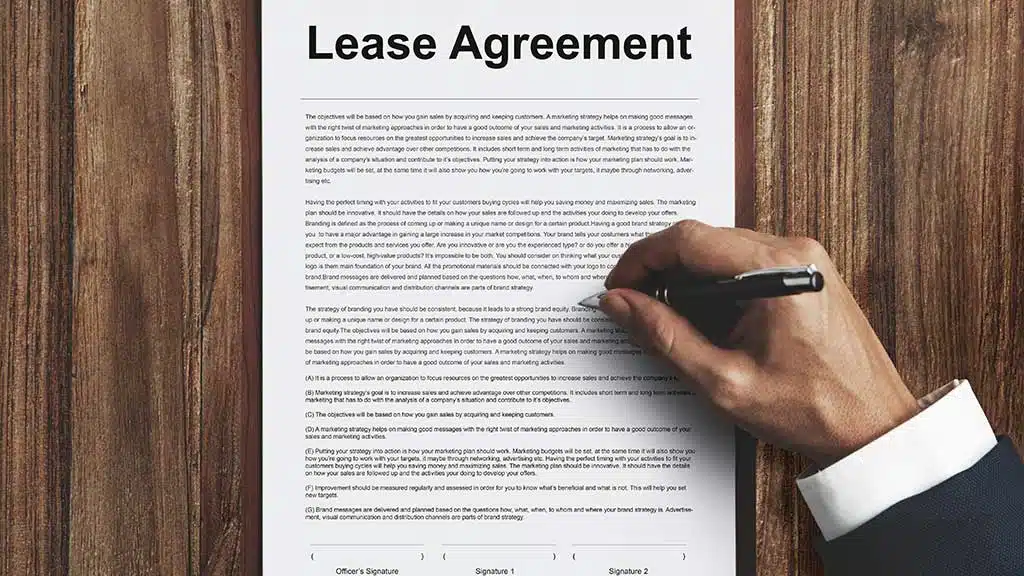
Finance lease and contract hire as mentioned earlier are different and often confusing. Each of these business lease arrangements comes with its benefits and drawbacks as you shall find out below. It is thus imperative that you find out what each has to offer before you settle on one.
| Finance Lease | Contract Hire | |
| Pros | -Equity in vehicle to the business.
-No major concerns about damages and over mileage charges. -Tax advantages. -Drive a new van while paying low monthly repayments. -Equity benefits to the business and profits earned when the van is sold can be used as a down payment for the next van. –Van can be customized to bring out the intended business image.
|
-Business enjoys a brand-new van regularly without incurring huge purchase costs.
-Depreciation is borne by the owner of the van. -The business enjoys the associated tax benefits since the expense is tax deductable. -The balloon payment at the end of lease is not required. -The car is simply handed over to the lender at end of lease. No hassle to sell it. -Flexible terms to meet business needs. -Servicing packages can be included. |
| Cons | –No ownership of the van at the end of lease.
-The vehicle must be sold at the end of the lease. -Lessee must bear with losses associated with mileage, tear, wear, and damage to the van.
|
–No equity on van.
-Damage and excess mileage charges may be incurred. -Fees may be incurred for early termination of the lease. -No profit benefits to the business when car value is higher at end of lease.
|
Conclusion
The main differentiator when evaluating finance lease vs contract hire is precisely the ownership and payment structure. If you choose a van leasing agreement, then that will mean you will incur an agreed monthly fee for the use of the van and you will never own it. Contrastingly, businesses that sign up for a van finance lease enjoy the benefit of some financing options such as hire and will take ownership of the van once the required payments are completed. It is also worth mentioning that with van leasing, the business will enjoy low monthly payments and incur fixed costs without worrying about depreciation. On the other side, a van finance lease offers better usage and mileage terms. You might bear the depreciation cost but will take over ownership of the van.







